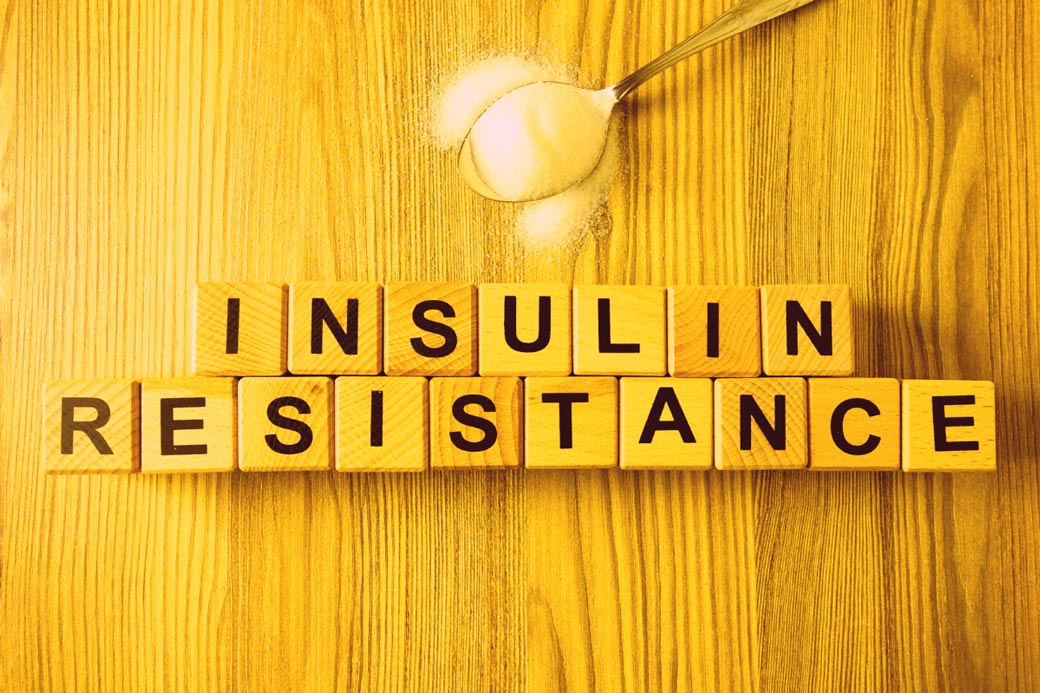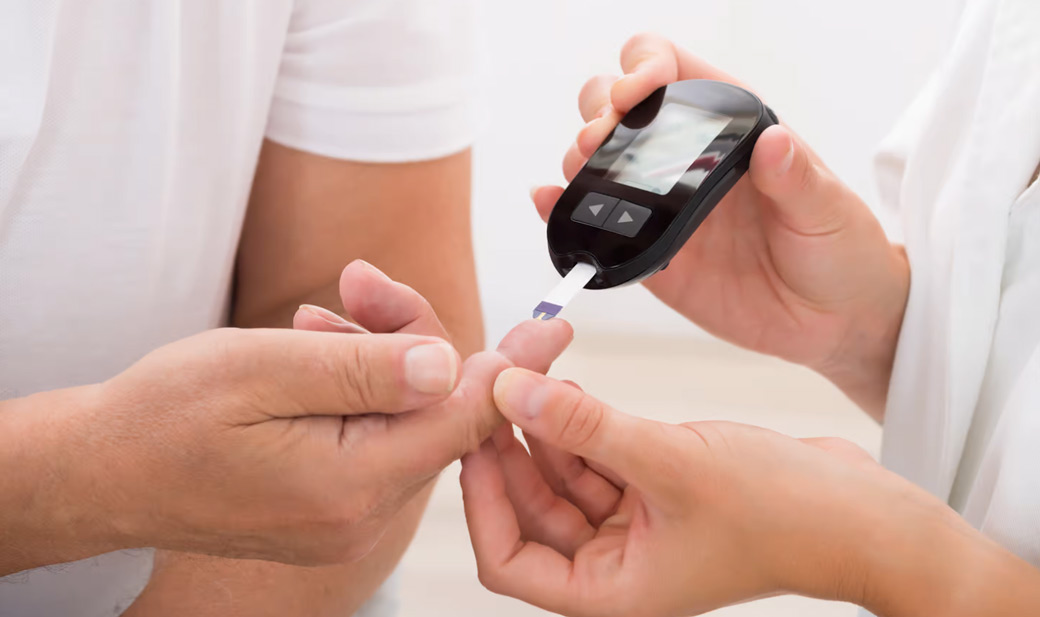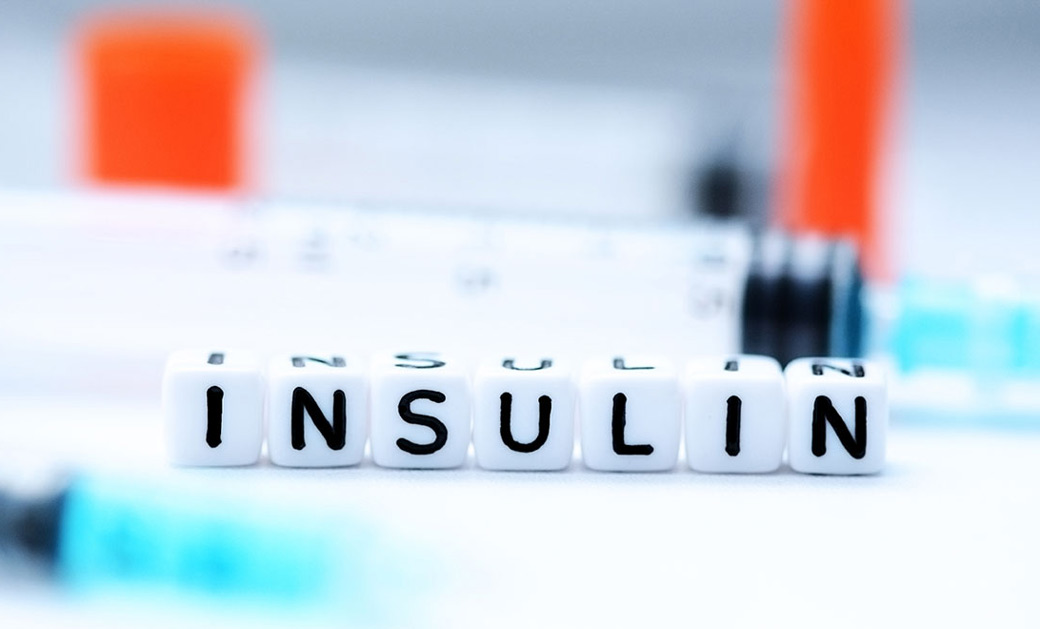
Imagine you’ve just downed an entire hamburger (or veggie burger if you don’t subscribe to the carnivorous lifestyle). Your body immediately springs into action to break down your meal. Part of the burger you ate will be transformed into sugar (glucose), and this process is controlled in part by a hormone known as insulin.
As soon as you begin eating, your pancreas starts producing insulin. You can think of insulin as a General in an army: it calls all the shots when it comes to an army of cells designed to absorb and process glucose they take up from your blood. Your body uses glucose to produce all the energy you need to, say, mow your lawn, go for a jog around your neighborhood, or function as a normal eating, breathing, sleeping human being. In short, your body needs glucose to function, and insulin helps get the job done.
Back to the General in the army metaphor… usually when insulin orders your cells to do something, such as turning glucose into energy or storing glucose, your cells carry out these orders with ease. However, sometimes your cells don’t understand the order and aren’t sure how to handle the glucose in your body. This is known as Insulin Resistance.
What happens when you have Insulin Resistance?

When you have insulin resistance, the cells in your body don’t respond well to insulin, and this makes it more difficult for those cells to remove glucose from your blood. Over time, your blood sugar levels rise, and your chances of experiencing certain conditions, such as obesity, high cholesterol, high blood pressure, and diabetes may increase.
At the beginning stages of insulin resistance, your pancreas works harder to make extra insulin so your cells aren’t starved for energy. However, your pancreas can’t work overtime forever. If your pancreas gets tired, you may experience difficulties keeping your blood glucose at normal levels.
DNA may play a role in your susceptibility to insulin resistance.
Are you more susceptible to insulin resistance? The answer lies deep within your cells. Your DNA contains your FTO gene, which codes for a protein (FTO) associated with regulation of your insulin levels, as well as a higher body mass index (BMI).

A change in your FTO gene, also known as a gene variant, at a specific location in your genetic code may create a change in your FTO protein. In turn, there may be a change in your body’s sensitivity to insulin. Thus, your DNA can tell you whether you may have a higher risk of insulin resistance.
Knowing your level of risk can help you stay on top of your health. Those who are more at risk of insulin resistance should be vigilant about maintaining a healthy weight, exercise regularly, and eat a healthy diet. Additionally, some studies show that getting more sleep may also help you improve your insulin sensitivity.
Use Your DNA to See Your Risk of Insulin Resistance
If you're a CRI Genetics customer, you can access your Insulin Resistance Report in your CRI Genetics account right now and find out your own risk of insulin resistance.
Not a CRI Genetics customer yet? Go check out any current promotions and find out how you can get the Insulin Resistance Report (and many more).